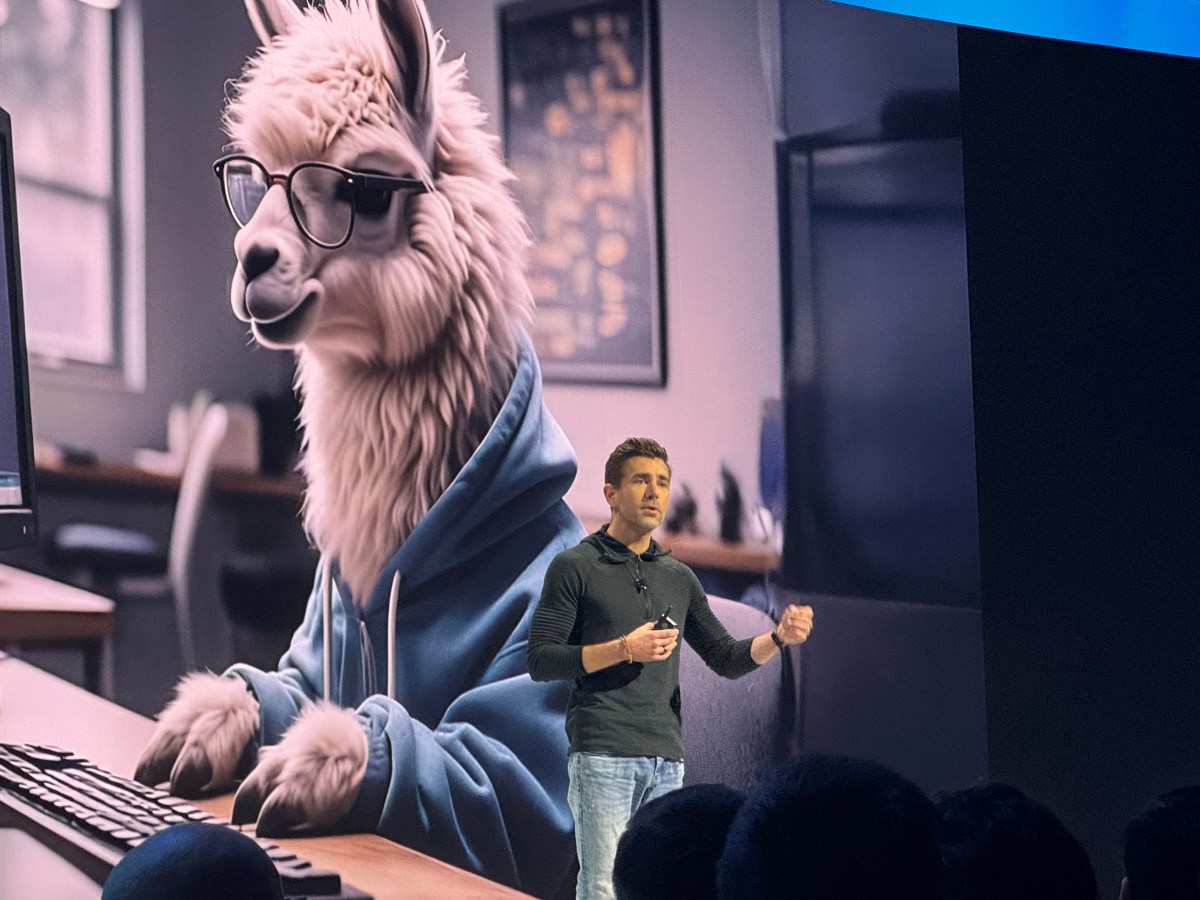LlamaCon: Meta's Bold Challenge to OpenAI's Dominance in the Large Language Model Arena
Meta's recent LlamaCon event wasn't just another tech conference; it was a declaration of war, a bold challenge to OpenAI's seemingly unassailable position in the rapidly expanding large language model (LLM) market. While OpenAI boasts the immensely popular ChatGPT, Meta is leveraging its own powerful LLM, Llama 2, and its open-source approach to disrupt the industry. This move has significant implications for the future of AI development and accessibility.
Meta's Open-Source Strategy: A Game Changer?
The core difference between Meta and OpenAI lies in their approach to sharing technology. OpenAI, despite its recent efforts to increase accessibility, primarily keeps its models and data proprietary. Meta, on the other hand, has made Llama 2 open-source, allowing researchers, developers, and businesses to access, modify, and build upon it freely. This move has been lauded by many as a crucial step toward democratizing AI.
The Benefits of an Open-Source LLM:
- Increased Innovation: Open-source models foster collaboration and accelerate innovation. A wider range of developers can contribute improvements, leading to quicker advancements in LLM capabilities.
- Enhanced Transparency and Accountability: Open-source models allow for greater scrutiny, making it easier to identify and address potential biases or ethical concerns.
- Reduced Barriers to Entry: Smaller companies and independent developers now have access to powerful LLMs, fostering a more competitive and diverse AI landscape.
- Wider Applications: The open nature of Llama 2 encourages experimentation and exploration, potentially leading to a broader range of applications across various industries.
Llama 2 vs. ChatGPT: A Comparison of Capabilities
While a direct comparison requires extensive benchmarking, Llama 2 shows promising capabilities, particularly in its improved performance compared to its predecessor, Llama 1. While ChatGPT benefits from extensive fine-tuning and a robust API ecosystem, Llama 2’s open-source nature enables customization and integration tailored to specific needs. This flexibility might be a critical advantage for certain applications.
The Potential Downsides of Open-Sourcing LLMs:
- Misuse and Malicious Applications: The open nature of Llama 2 raises concerns about its potential misuse for generating malicious content, such as spam, disinformation, or even harmful code.
- Maintaining Quality Control: Ensuring the quality and safety of modifications made by the community is a significant challenge.
- Competition and Fragmentation: The open-source approach could lead to a fragmented landscape with various Llama 2-based models, potentially hindering the development of standardized interfaces and applications.
LlamaCon's Impact and the Future of LLMs:
LlamaCon marked a significant turning point in the LLM landscape. Meta's aggressive move to open-source its technology has injected a fresh wave of dynamism into the field. The long-term impact remains to be seen, but it's clear that the future of LLMs will be shaped by a dynamic interplay between open-source initiatives and proprietary models. The competition will undoubtedly fuel innovation, potentially leading to more powerful, accessible, and ethically sound LLMs in the years to come.
Call to Action: What are your thoughts on Meta's open-source strategy? Share your opinions and predictions for the future of LLMs in the comments below! Let's discuss the implications of this paradigm shift together.

